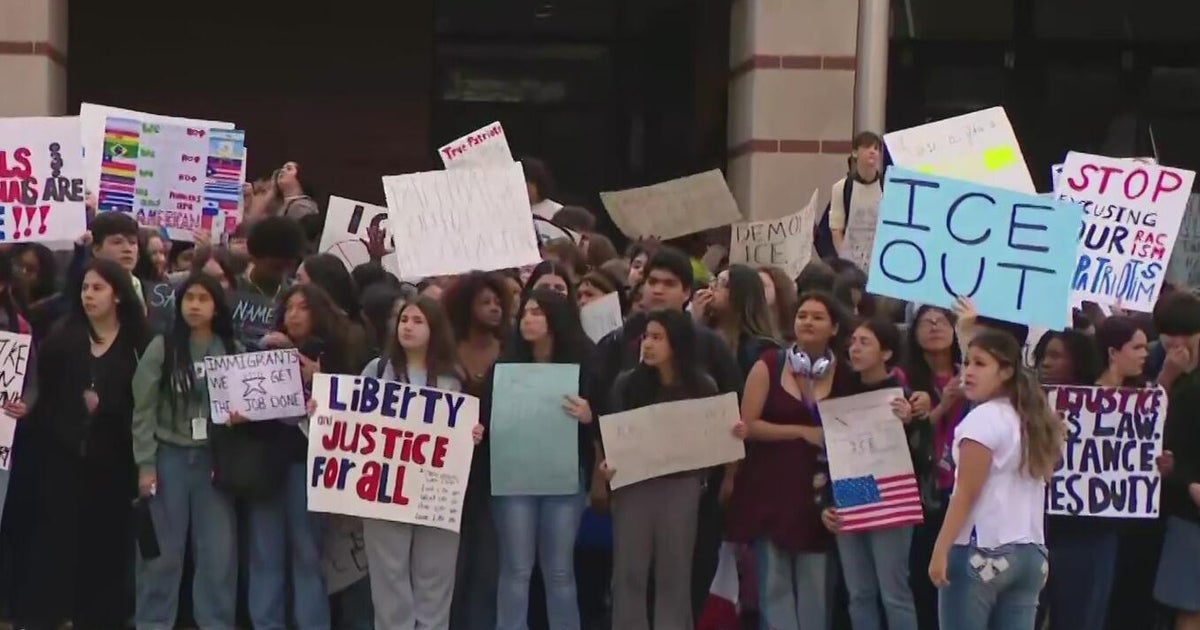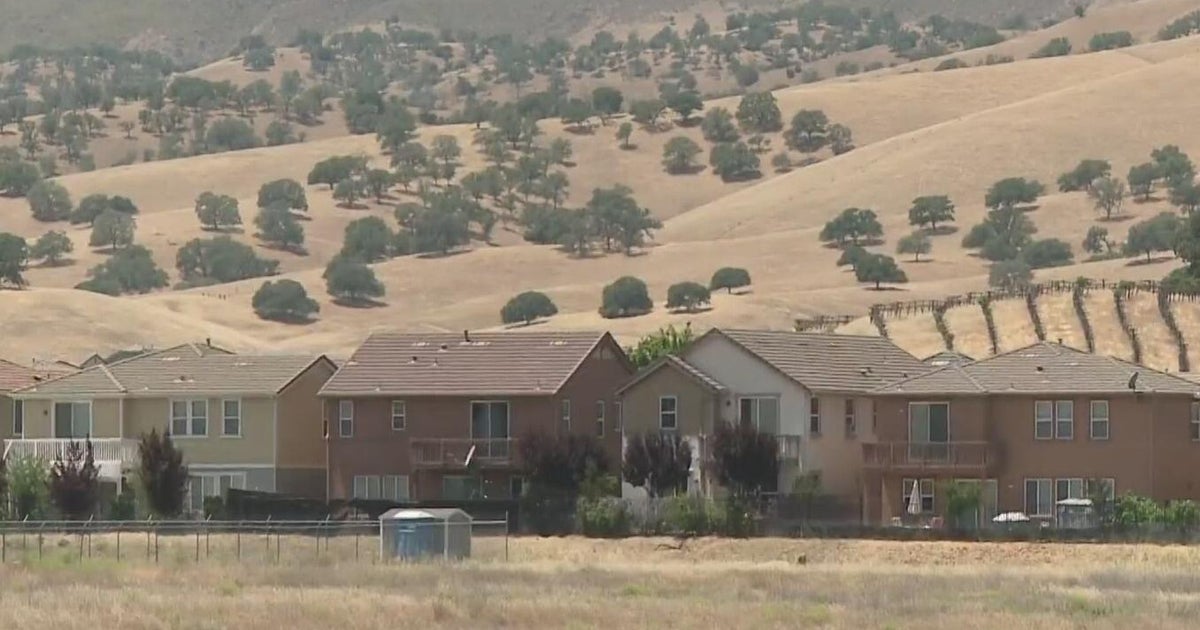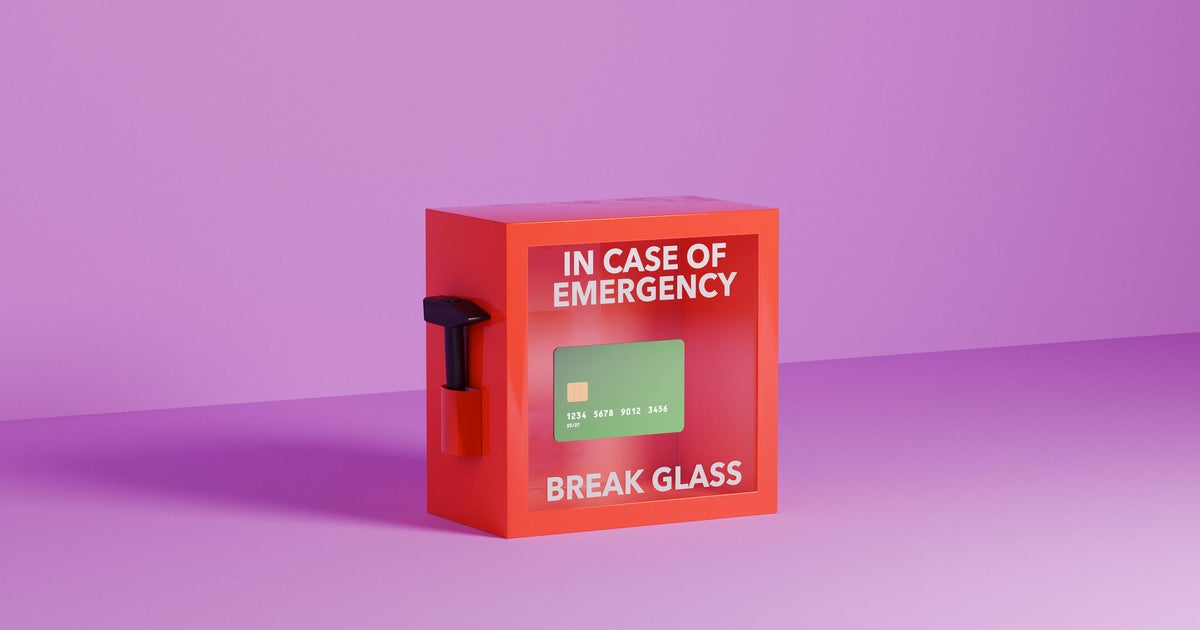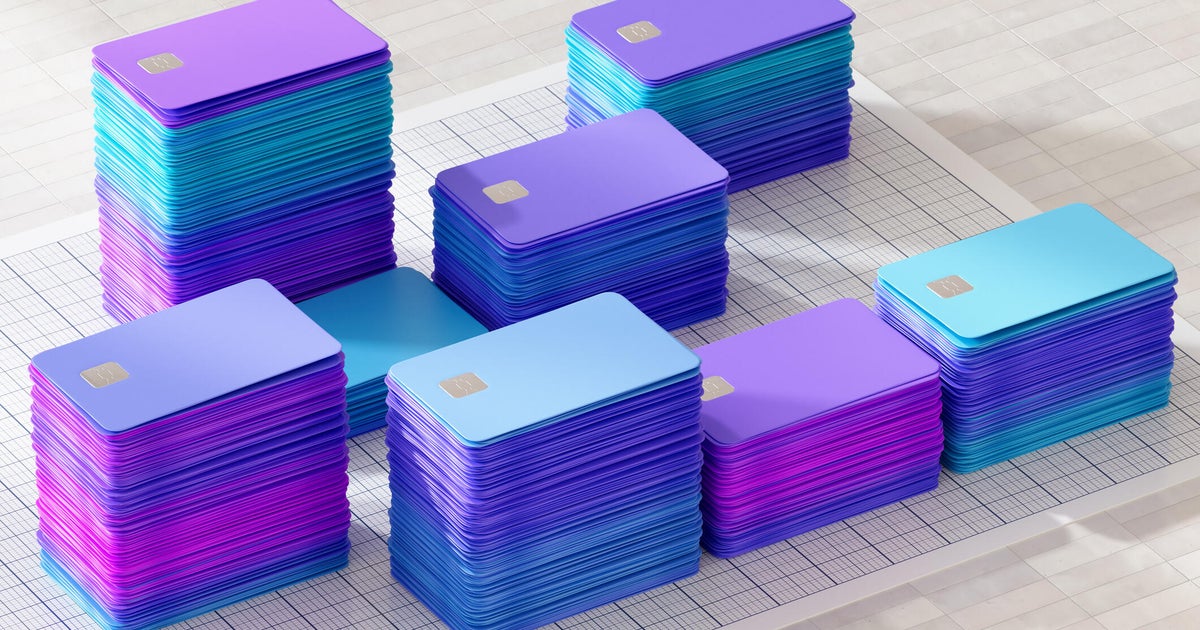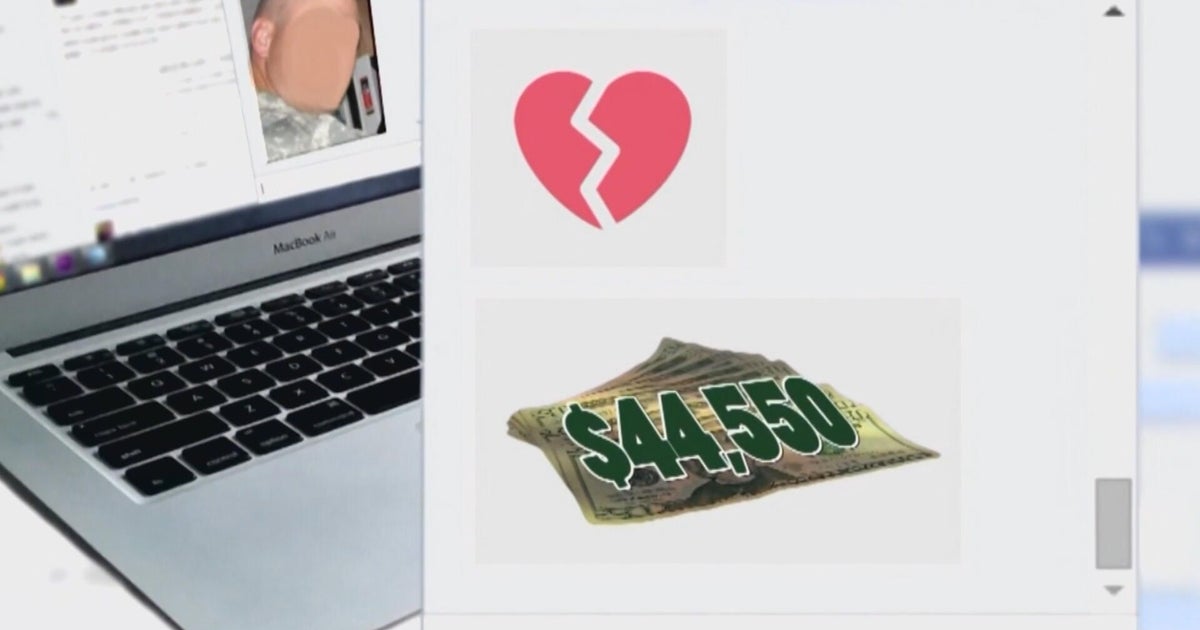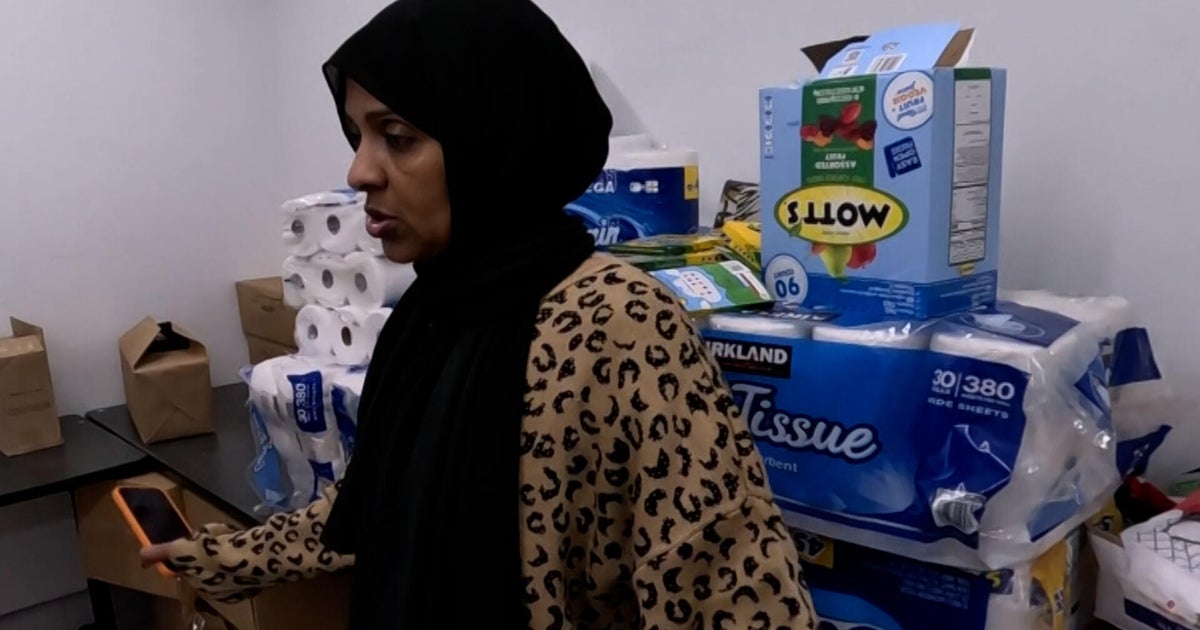Student loan payments resume soon: Here's what you need to know
MINNEAPOLIS — In two weeks, bills are coming due for millions of Americans with student loans after a three-year payment pause. Interest already started accruing earlier this month.
More than 45 million Americans have $1.7 trillion in student debt. That includes more than 800,000 Minnesotans, according to the state Office of Higher Education. The federal government stopped collecting those debts at the dawn of the pandemic when COVID-19 rocked the economy and left many out of work.
Kim Miller, a certified financial counselor with LSS Financial Counseling — which offers free student loan advice to all Minnesotans — said that her colleagues have seen an uptick in calls because of the looming lapse of the payment pause.
Many people, she said, have concerns about affording the payment amid a high cost of living. The median debt in 2021 for Minnesotans with bachelor's degrees was nearly $24,000.
RELATED: Student loan forgiveness scams are surging: "Full discharge of all your federal student loans"
"Affordability is a major concern for a lot of people," she told WCCO. "They were using the money that was going to student loans — now they were using it for food and transportation and housing. And so now they have to squish that back into their budget and make it work."
Miller recommends Minnesotans check in with their loan servicer first and foremost because it may have changed during the pandemic. Even though President Joe Biden's plan to forgive up to $20,000 in student debt for borrowers was blocked by the U.S. Supreme Court, forgiveness for public service workers expanded, Miller said, to include more people.
She also told WCCO borrowers concerned about payments should look into income-driven repayment plans. The new "SAVE" plan could mean a monthly payment as low as $0 per month.
Some people call LSS Financial Counseling in disbelief about their new monthly rate, she said.
"They check with their loan servicer. They see when their payment is due, And they see that it's zero and then they call us going, 'Is this right?' Yes — under the new income-driven payment plan, your payment is zero," Miller said.
But experts say if Minnesotans have the means to put more towards their loans than what their servicer requires, they should consider paying more on the debt.
"It just makes sense: if you have extra money, pay down your debt," said Bruce McClary, senior vice president of media relations and membership at the National Foundation for Credit Counseling. "Don't just pay the minimum. That applies to any kind of debt, really, especially credit card debt right now."
He worries that the repayment period could exacerbate some Americans' already troubled financial situation, noting the record credit card debt nationwide.
RELATED: Biden's new student debt repayment plan has 4 million signups. Here's how to enroll in SAVE
"That could be the tipping point for a lot of people who are right now on the edge or slightly over the edge with their finances," he told WCCO in an interview. "So I think this is going to cause a tremendous surge in demand for the types of services offered by nonprofit credit counseling agencies."
McClary and Miller both underscored that there is some temporary protection if borrowers miss payments. Missing or having a late or partial payment won't be reported to credit reporting agencies through next September because of an "on-ramp" transition. But interest will still add up during that time.
Loans will not be sent to collections until Sept. 30, the federal education officials said. This does not apply to private loans.
If borrowers face hardship, they can also request temporary deferment of payment from their loan servicers, though that doesn't halt interest.
If you need advice about student loan repayments, LSS Financial Counseling offers free consultations. Services are available virtually nationwide and you can make in-person appointments in Minnesota. For more information, click here.


